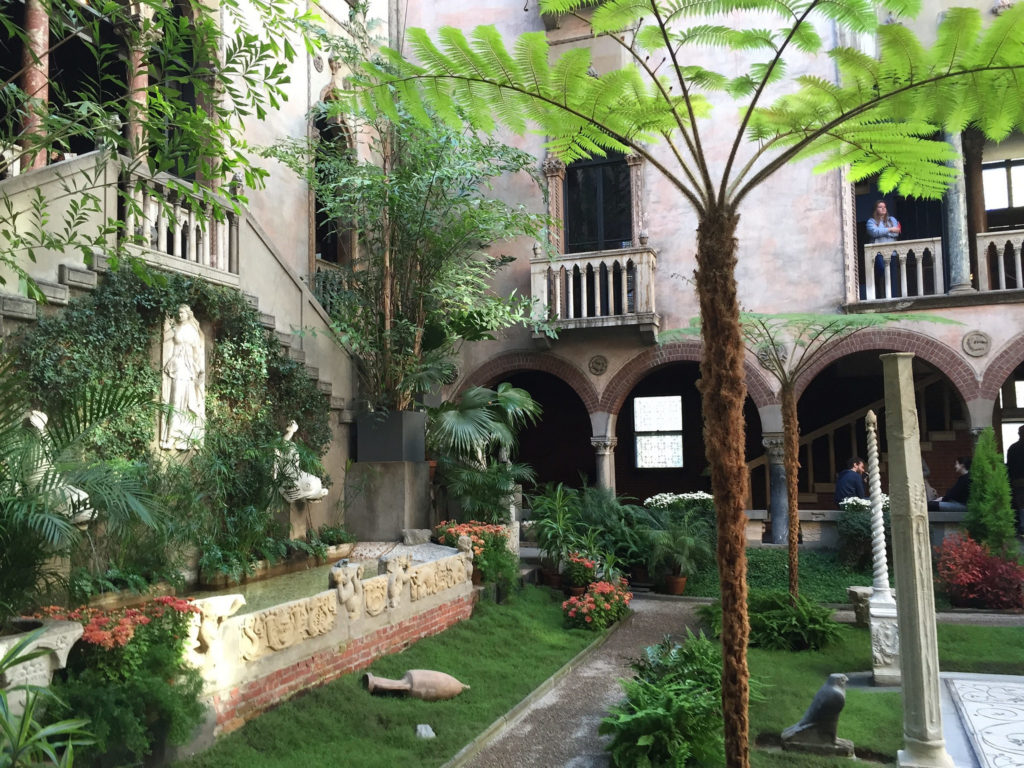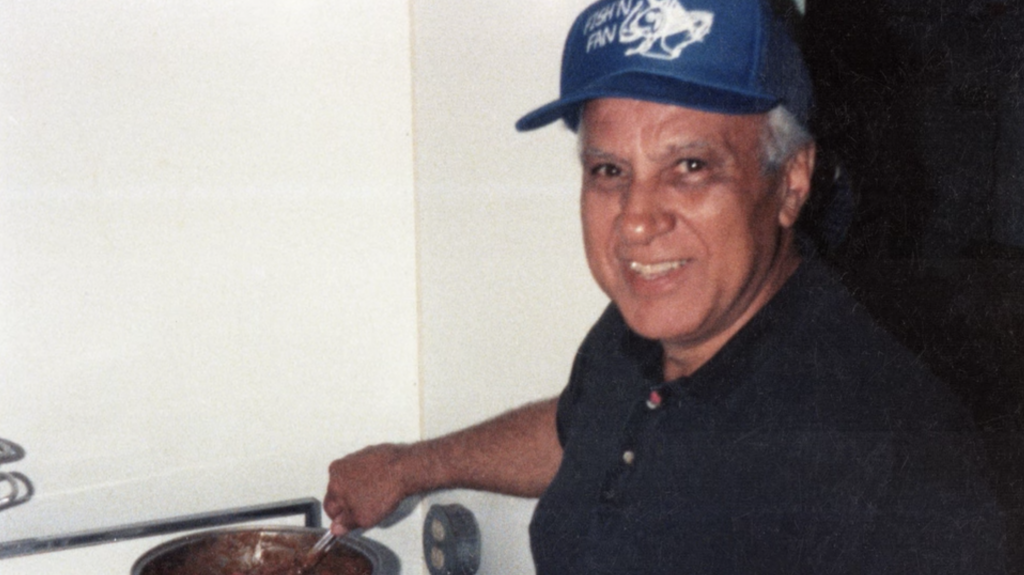People
Suspect in Isabella Stewart Gardner Heist Pleads Guilty to Separate Gun Charge
Investigators have pursued Gentile on various charges over the years.

Investigators have pursued Gentile on various charges over the years.

Eileen Kinsella

Robert Gentile, long suspected of having knowledge about the still-unsolved 1990 theft of works from Boston’s Isabella Stewart Gardner Museum, has pleaded guilty to federal weapons charges in an unrelated case, according to a report in the Hartford Courant.
In the heist, unknown perpetrators made off with thirteen works by artists including Vermeer, Rembrandt, Degas and Manet, valued at as much as $500 million in total. To this day, it remains the largest property crime case in U.S. history.
Gentile, 80, has long maintained that the charges against him were contrived by the FBI in order to force his cooperation in the art theft case. The plea agreement was reached March 28.
In 2010, the widow of an organized crime figure tied Gentile to the stolen Gardner art. Prosecutors have presented a case that though he was not involved in the actual robbery, he was part of a crew that eventually acquired some of the works. Investigators remain so convinced that Gentile was involved that the FBI raided his home last year, searching the property with metal detectors.

Robert Gentile as seen in This is a Robbery: The World’s Biggest Art Heist on Netflix.
Sources told the Courant that Gentile might plead guilty to up to five felony weapons charges in US District Court in Hartford next week.
When Gentile was first connected to the heist, he agreed to cooperate, but federal prosecutors abandoned the agreement when they determined he was lying to a federal grand jury. A polygraph test he took in 2010 showed a likelihood of less than 0.1 percent that he was telling the truth.
Subsequently, the FBI targeted him in a series of drug and gun stings, promising him each time that he could receive leniency in exchange for help recovering the art. A large cache of weapons were discovered at his Connecticut home in 2012.
While he was confined in a federal prison in Rhode Island in 2013 and 2014 on drug and gun charges, Gentile reportedly told at least three people that he had knowledge of the stolen art.